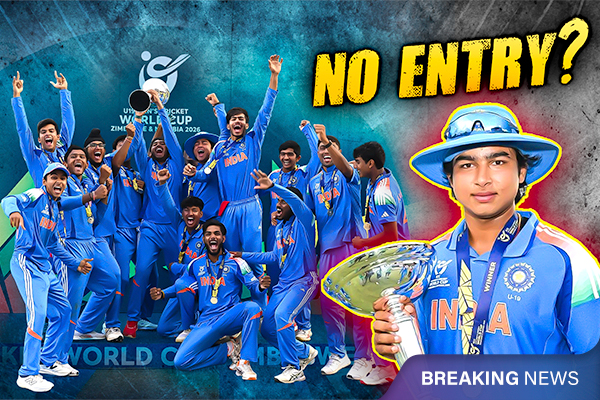World’s First Baby Born with AI assisted IVF
AI has been integrated into IVF treatments, with an automated system successfully assisting in fertilization, leading to the birth of a baby boy.
Artificial Intelligence (AI) is now becoming a big part of our lives — from phones and apps to now even in the field of childbirth!
Recently, a 40-year-old woman in Mexico gave birth to a healthy baby boy with the help of AI technology in IVF (In Vitro Fertilization) at Hope IVF Clinic in Guadalajara. This is the world’s first baby born through an AI-operated fertilization process.
The special AI system was created by Jacques Cohen and his team from a U.S.-based company, Conceivable Life Sciences in New York.
What is IVF?
IVF is a medical method where the father's sperm and the mother's egg are combined outside the body to help couples who are having trouble conceiving naturally. One of the most used techniques in IVF is called ICSI — Intracytoplasmic Sperm Injection.
What is ICSI?
In this method, a scientist (called an embryologist) selects one good-quality sperm and directly injects it into an egg. Usually, this is done by hand with a lot of skill.
But this time, AI did the work.
Using an AI-guided system, five eggs were fertilised, and four of them turned into embryos. The first embryo did not implant properly, but the second one was successful — and the woman delivered a baby boy.
The entire ICSI process has 23 steps. In this new method, AI took care of all of them — from choosing the best sperm, stopping it from moving (using a laser), and injecting it into the egg. It did everything faster and more accurately than a human could.
The process was done remotely — scientists in Mexico and New York guided the AI machine through a computer system. Each egg took around 9 minutes and 56 seconds to complete, a little longer than the usual method as it was still experimental.
This AI-based IVF could become a big help for couples who want to become parents, making the process simpler and more widely available.
However, experts also say that such a sensitive medical process should not depend fully on AI. There should be proper government rules and health guidelines to make sure it is safe and works properly.
Still, this successful birth is a big step forward in fertility science — and shows how AI can bring new hope to families around the world.







